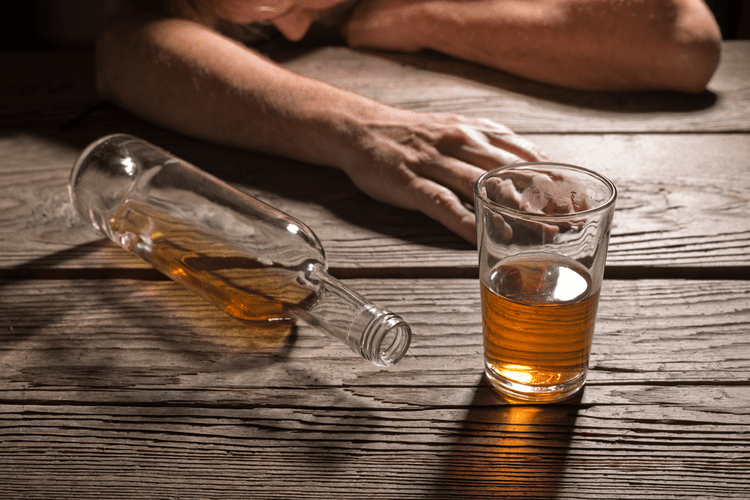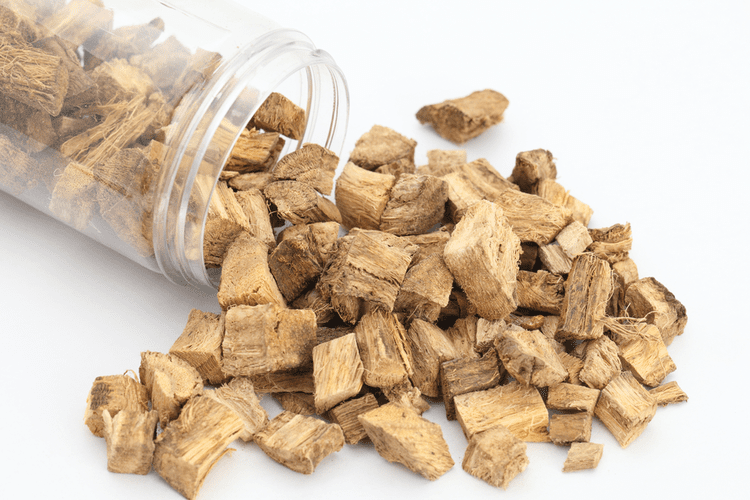Addiction diagnosis usually requires recognizing that there is a problem and seeking help. Substance use is not always an indication of addiction, although drug use carries numerous health and social risks in addition to the risk of addiction. The recent death of pop star Prince from an opioid overdose was one of the 25,000 fatal opioid overdoses in the US every year. What these opioid overdoses show, according http://www.konura.info/forum/index.php?topic=673.msg63015 to an article in Scientific American, is how increased tolerance of the drug can lead to higher chemical dependence on the side effects. The pain-killing effects of the drug bring about higher tolerance levels. And as the user takes higher amounts to feed this side, the secondary effects of respiratory depression (slowed down breathing or lack of breathing) and breathing are doubled or tripled.

Dependence vs. tolerance
- Dependence situations demand the need for skilled therapists, counselors, and medical practitioners.
- Mental dependence is when a person relies on a substance or behavior to cope with emotional challenges.
- Dependence on a drug can certainly lead to a substance abuse disorder (SUD).
- Clients receiving intensive outpatient treatment will usually visit the center 2 to 5 days per week for 2 to 4 hours per day.
Addiction treatment is the best way to get help and overcome dependency or addiction. The http://www.scoota.ru/video/509%20title= International Classification of Diseases (ICD-11) also recognizes gaming disorder.
Addiction Is a Disease; Tolerance and Dependence Aren’t
- Genetic, neurological, or psychological factors can all increase a person’s likelihood of developing a drug or alcohol dependence.
- While much of the confusion about this topic can be traced to DSM committees, I would caution against an oversimplified blame game.
- You might also become physically dependent on the drug, and feel withdrawal symptoms if you try to quit.
When you first start drinking alcohol, it may have taken only a few drinks for you to feel drunk. But over time, you may need more drinks, more often, for the same effect. At the same time, the distinction between addiction and dependence is not trivial. Medical professionals are ethically https://www.chad-caleb.info/page/86/ required to get the diagnosis right so that they can get the treatment right. Medically, and in practice, addiction is most often diagnosed using the DSM-5 category of substance use disorder. Unhelpfully, however, nowhere in the DSM-5 is this explicitly and transparently mentioned.
Online Therapy Can Help
- It is estimated that substance use disorders cost the United States $420 billion dollars a year.
- Caffeine is an example of a common substance that causes physical dependence.
- It is by no means a substitute for professional medical advice, diagnosis, or treatment.
- For example, substance abuse could involve a college student who uses drugs or alcohol regularly and takes these in excess — often mixed with other substances.
- Addiction is in its own category and is characterized as changes in behavior, which are caused by the biochemical changes in our brain due to prolonged substance abuse.
- When you understand the difference between these issues, you can find the type of treatment that best suits your needs.
Alcohol, on the other hand, often follows a slower, more insidious path of abuse before the body becomes dependent on it. And it is the most misused drug in the United States, Mr. Kump says. He sees some people who took just a few weeks to develop an addiction to opioids, while others had a slower journey to their addiction.

- It is characterized by withdrawal symptoms with the patient being unable to cope when the drug is stopped.
- Chemical dependency is broader and may include other physical signs like an increasing tolerance to the substance, or withdrawal symptoms when someone tries to quit or cut down on using it.
- If you are starting to think you might have an addiction, you have probably moved into the contemplation stage.
- Physical dependence is a natural expected physiological response to drugs such as opioids, benzodiazepines, antidepressants and corticosteroids.
- If you can’t function properly in the morning without your cup of coffee, it could be that you are caffeine-dependent.
- If your body depends on a substance, withdrawal can range from being uncomfortable to dangerous.

No comment